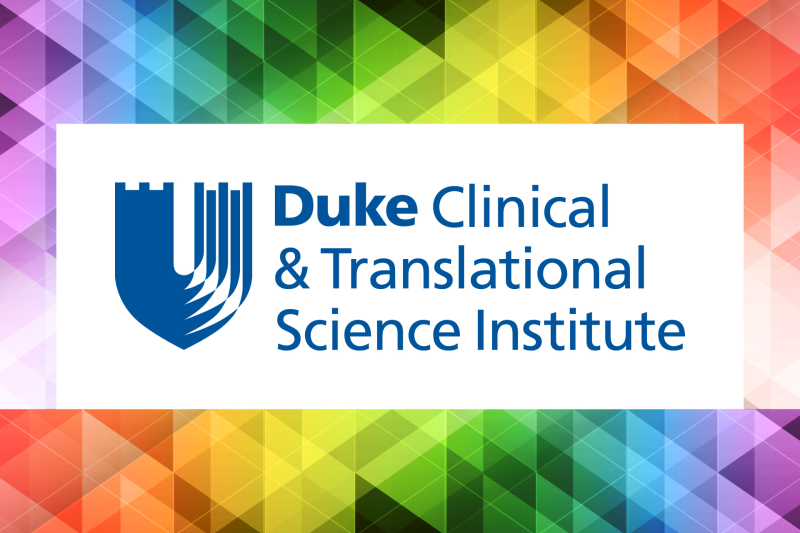
Duke CTSI, the Duke University School of Medicine, and Duke University Health System Research Equity and Diversity Initiative (READI), an initiative supported by funding from The Duke Endowment, is pleased to announce that three studies have been approved for funding under the Duke School of Medicine Research@Pickett Community Outreach and Engagement Voucher Program.
The READI Community Outreach and Engagement Voucher is a funding source designed to build capacity for research projects to maximize their impact. The selected applications feature community-partnered research projects that focus on enhancing diversity of clinical research and improving community health.
“These awards are a tangible and pragmatic way to implement meaningful strategies for engaging community partners in projects to improve the health and wellbeing of our community members,” says Susanna Naggie, MD, MHS, Professor of Medicine and Vice Dean for Clinical Research, Duke University School of Medicine.
Funding for the following studies will begin in July 2022 and run through June 2024.
- Diet and Hypertension Management in Black Adults with Chronic Kidney Disease
Crystal Tyson MD, MHS, Assistant Professor, Division of Nephrology
- Addressing the Racial Health Disparity in Keratoconus: Improving Keratoconus Screening and Identifying the Barriers to Follow-Up in Black Patients
Lloyd Williams, MD, PhD, Associate Professor of Ophthalmology
- CARE and Justice: Community Partnerships and Engagement to Advance Racial Equity in Kidney Disease and Research
Opeyemi Olabisi, MD, PhD, Assistant Professor of Medicine, Division of Nephrology
As part of this award, study teams will leverage Duke Research@Pickett services and staff to increase diverse participation in clinical research, enhance community partnered research, and enable community engagement or promote outreach activities.
“We expect these awards will improve awareness, education, and participation in clinical research among underrepresented and underserved populations,” says Dr. Naggie. “Our hope is that these studies will provide actionable data to improve the health of our community.”